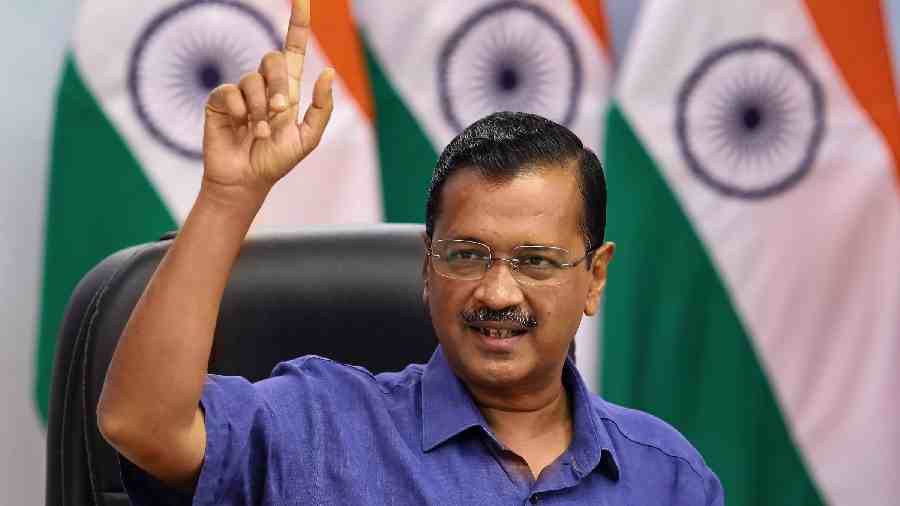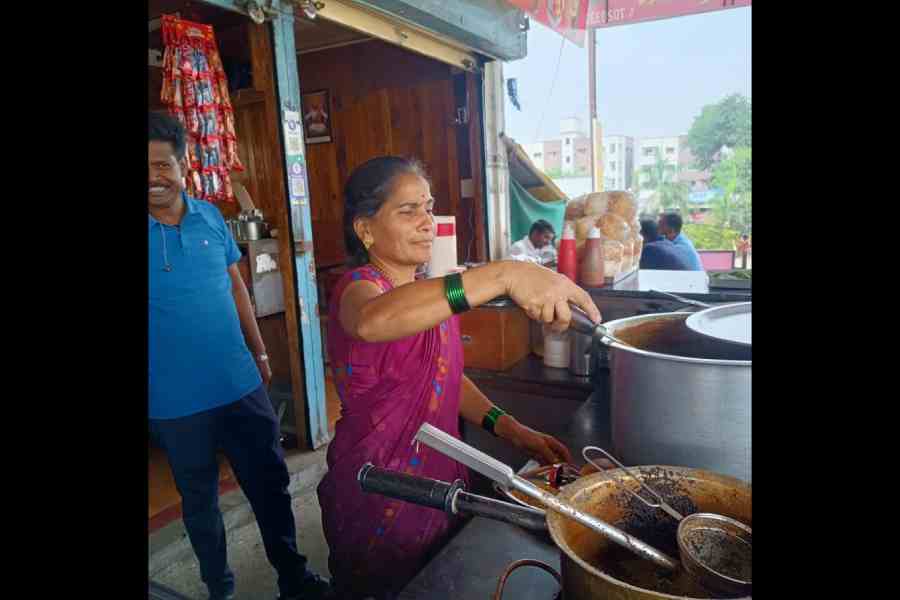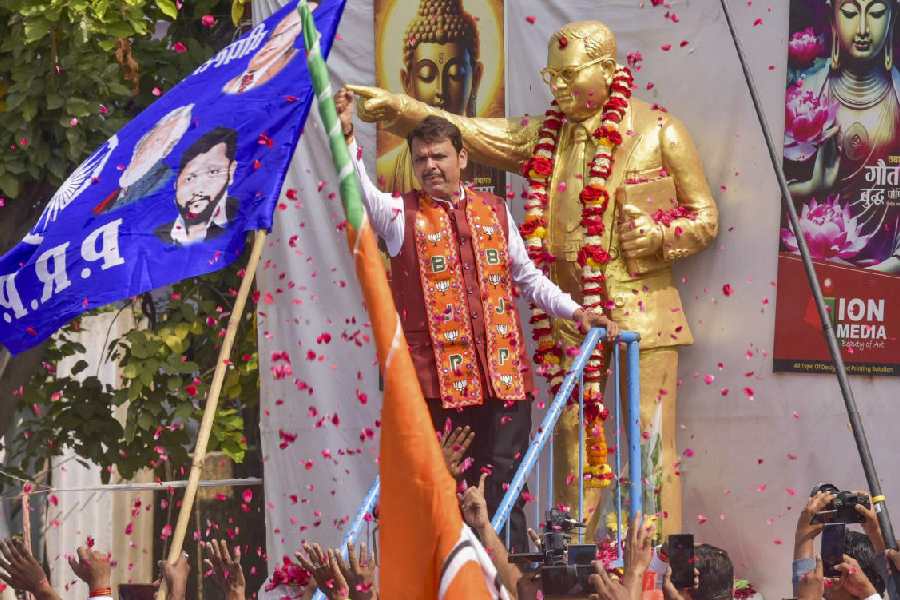Several intellectuals in Gujarat believe the Aam Aadmi Party’s silence on issues of secularism and social justice stem from its restricted political imagination and may not earn it significant gains in the upcoming Assembly polls.
At a rally in Ahmedabad last week, Delhi deputy chief minister Manish Sisodia was questioned by ABP News about his party’s silence on the premature release of the 11 men convicted of murder and gang rape in the Bilkis Bano case.
“We are on the track of education, schools, hospitals and jobs. These things matter to us. People speak about what matters to them,” he replied.
Sisodia’s comment came on a day the Supreme Court was told that the Centre had consented to the release of the 11 lifers, two of whom also faced FIRs for other alleged offences, including molestation, when they were previously out on parole.
It was also revealed that Gujarat’s BJP government had overruled advice from the CBI, which probed the Bilkis case, and the judge who convicted the men against releasing the convicts.
Days before Sisodia’s remark, Delhi AAP minister Rajendra Pal Gautam was forced to resign under BJP pressure for attending an Asoka Vijayadashami event where an estimated 10,000 people repeated B.R. Ambedkar’s historic vows renouncing Hinduism in favour of Buddhism.
The AAP had failed to speak out in defence of Gautam, who said in an interview to The Indian Express that “they (AAP leaders) must be thinking how to stop the BJP in Gujarat…”.
The AAP has since 2019 embraced a kind of “soft” Hindutva to try and emerge as a benign Hindu alternative to the BJP.
A leading sociologist in Gujarat, Achyut Yagnik, confirmed that the AAP had turned the state election — traditionally a straight fight between the BJP and the Congress -- into a triangular contest for the first time since 1990.
He said the AAP’s influence had spread from south Gujarat to Saurashtra although the party lacked organisational strength.
“For common voters, particularly the middle class, these issues (such as Bilkis or Gautam) are not important because they hardly know about them. The Gujarati press has not reported these issues in the manner in which the English press has,” Yagnik told The Telegraph.
“The AAP should have spoken about Bilkis Bano as the issue pertains to this state. But speaking or not speaking is unlikely to have any electoral impact.”
In keeping with its reinvention of itself as a Hindu party, the AAP had blamed the largely Muslim Rohingya refugees and Bangladeshi immigrants — without proof — for the communal conflagration in Delhi in April.
Last year, AAP national convener and Delhi chief minister Arvind Kejriwal had declared “Ram Rajya” as his government’s goal and explained it as food security, quality education, the best healthcare, free electricity and water for those who consume less, employment, public housing, security for women, and state-funded pilgrimages. All these promises have been made in Gujarat as well.
Ajaz Shaikh, research associate at the public systems group of IIM Ahmedabad who has studied slums in the city, said the AAP’s kind of discourse attracts voters from dominant castes in Gujarat while alienating Muslims and sections of Dalits and tribals.
“The AAP’s presence in Gujarat is mainly among the urban middle class, many of whose members have shifted from the BJP and the Congress. These include Maldharis, Brahmins and Patidars. They (the AAP) will not speak about Bilkis Bano to them, but about issues that affect them like unemployment, roads and electricity,” Shaikh said.
“Many would consider at least a section of the urban middle class as morally corrupt. Issues of justice are unlikely to make an impact on such voters.”
Shaikh, however, added: “A section of the Muslim middle class that was going to shift away from the Congress may reconsider its stand after the AAP’s silence (on the release of the Bilkis convicts). The Scheduled Castes and Scheduled Tribes also see the acquittal of the convicts as a setback as they too have been raising the issue of crimes against women from their communities.
“The educated sections among these communities are influencers and talk about these issues. These communities are used to bad roads and poor water supply, so issues of service delivery may not resonate as much among them as issues of justice.”
Political scientist Ghanshyam Shah feels the AAP is making a mistake.
“There is subterranean anger on the (release of the Bilkis convicts), and a large section of the middle class disapproves of this as well as the flogging of Muslims (by police earlier this month in Kheda for allegedly throwing stones at a Garba dance event),” Shah told this newspaper.
“Even people who are prejudiced don’t approve of the crime committed on Bilkis Bano. The AAP does not have a large thinking (broad perspective), and may make the mistake of seeing all Hindus as fanatics.”
Shah added that shortly after the 2002 riots, multiple surveys had shown that the majority disapproved of the violence.
“It is the ‘rewri’ (freebies) – the promises that both the AAP and the BJP are making — that may actually make an impact. Hindutva is exhausted here and wouldn’t impact voter behaviour unless there is another riot or war with Pakistan,” he said.
“Congress voters who may shift to the AAP will do so as they see it as less dangerous than the BJP and a stronger opponent to it than the Congress.”











